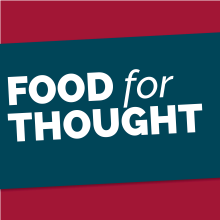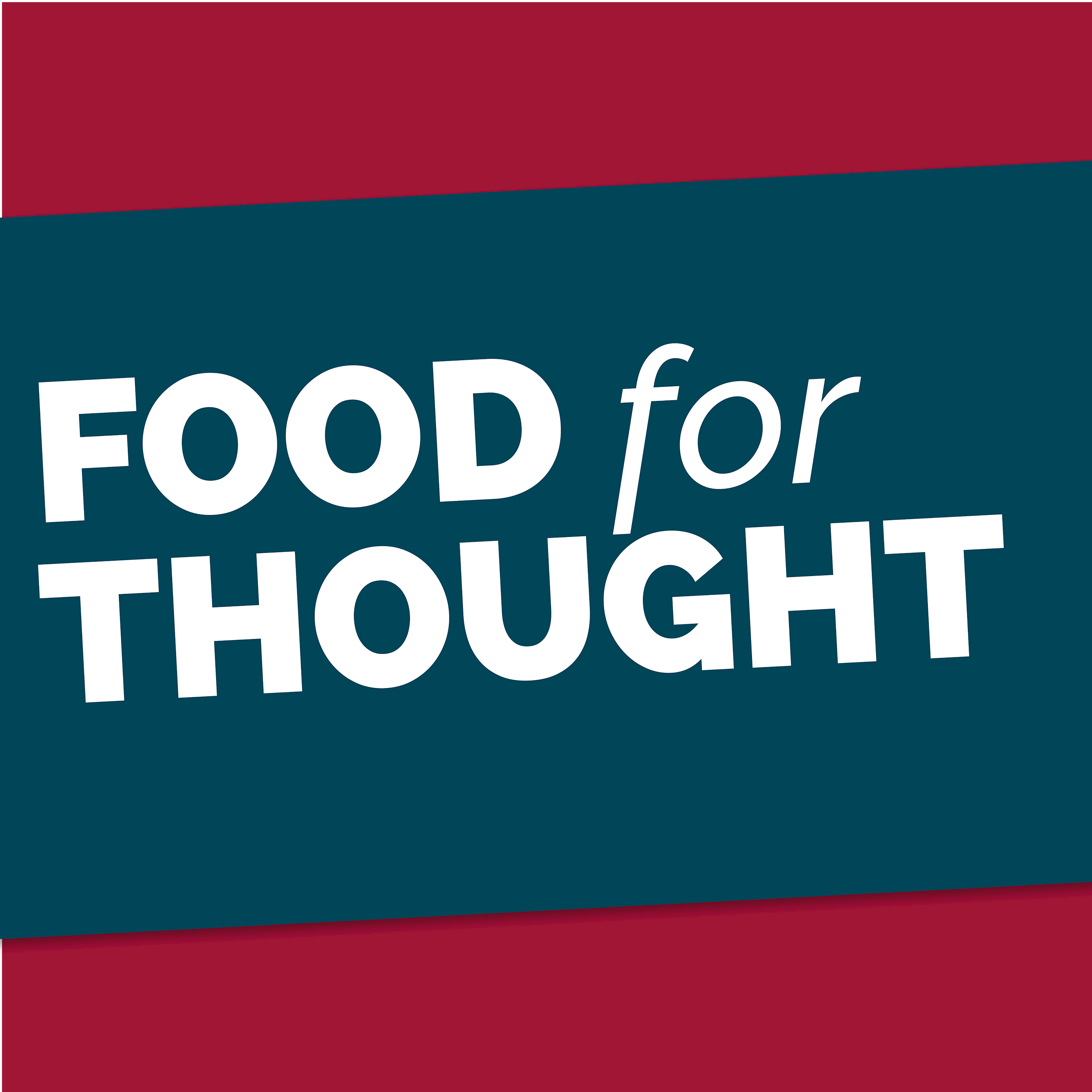
Trivial Pursuits
“We should treat […] all the serious things of life with sincere and studied triviality.”
Oscar Wilde (St. James Gazette, January 1895)
The Food for Thought Programme at Denstone is unashamedly trivial. Or rather, it’s Trivial.
We all know the word ‘trivia’ as meaning largely unimportant facts, the province of the pub-quiz bore. Did you know that, technically, strawberries aren’t berries? Did you know that Pythagoras didn’t invent Pythagoras’ Theorem? Did you know that goldfish actually have relatively good memories?
Trivia is trivial – that’s self-evident. But these two words have a very interesting history: they come from the Latin word ‘Trivium’, which was the foundational stage of the Liberal Arts education system of the later classical and medieval times.
Before a pupil was allowed to proceed to the higher quadrivium (Arithmetic, Geometry, Music and Astronomy), he must first master three disciplines which were considered to be the basis and underpinning of all that came after. That meant that older students might look down on the youngsters whose studies were still ‘trivial’ – but actually, Triviality was the foundation of every other part of education. The three ‘Trivial’ disciplines were
- Grammar;
- Logic;
- Rhetoric.
For grammar, try not immediately to think of boring old lessons from your primary school days, with a (probably bearded) teacher in a (probably corduroy) jacket droning on about the classification of nouns and the function of the fronted adverbial. Instead consider the whole enterprise of meaningful thought, through language. It isn’t just about communicating your thoughts – because (at least since early childhood) we think through words and sentences too. In fact, the very categories in which we see and understand the world around us are dependent upon and shaped by the words we know. Any thought, any understanding of the world beyond primordial impulse seems, in human beings at least and for the vast majority of human beings, to require language. No clear language? No clear thought. Simples.
For logic, try not immediately to think of those puzzles with tick-box grids with which I’m sure we have all whiled away many a drizzly afternoon. Logic – or more properly, dialectic – was the study of how we compile the terms that Grammar gives us into propositions and arguments. In other words, it is the study of how to reason. Reason is the process by which we discover new truths from previously known truths. To give a clear example, look at the following argument:
1) All dogs leave horrible muddy paw-prints all over the nice, clean house;
2) We are getting a pet dog;
3) We are going to have horrible muddy paw-prints all over the house.
I wish the above reasoning had occurred to me just over a year ago, before we finally gave in to the children’s constant pleadings for a pet! You see, even though we’d never had a dog and therefore didn’t have access to the truth of statement 3, we could have learned that truth without ever needing the experience…
Rhetoric is, in turn, the art of expressing and marshalling good arguments in such a way that they are effective in persuading others to agree with them. The evil twin brother of rhetoric is sophistry (mwuhahahah!): the dark art of making bad arguments seem convincing to the gullible listener.
These three intellectual musketeers work together, and together they can achieve almost anything. Grammar gives us the terms and categories which are the building blocks of thought; Logic enables us to reason with them; Rhetoric gives us the means to express arguments convincingly.
Grammar, Logic and Rhetoric are not really subjects in the modern sense of the word: they are, together, the operating system, if you like, which runs all the other software. Or if you prefer, they are ChatGPT, and everything else is just information we input into the system. If you can master the Trivial disciplines, you can probably master any of the modern school ‘subjects’. Name any academic subject (beyond those which involve the need for certain elements of physical skill) which is not dependent on being able to think in clear terms, reason soundly, and express explanations convincingly? I can’t.
And by the way, all these subjects are language-based – did you spot that? The language-based nature of all human learning is slightly disguised in the modern education system by, for example, algebraic and graphic approaches in Mathematics and the sciences. But in the Middle Ages, all mathematical thought was conducted through ‘ordinary’ language, albeit largely in Latin. All algebra or analytic geometry, and so on, did was to formulate alternative ‘languages’ to use which are a bit more specialised. And that’s why the emerging AI, in attempting to replicate human thought, is really replicating human language: these systems are ‘language models’ because human beings are language models.
So let’s all be as Trivial as possible as we educate ourselves, and never set what we think of as language-focused subjects against what we think of as the sciences, or similar: actually, the one is based on the other. Learn your terms, learn how to reason, and learn how to marshal your evidence and your proverbial father’s brother will undoubtedly be Robert.
For more on our Food for Thought Programme, please visit https://www.denstonecollege.org/news/2022-11-02/food-for-thought-programme-blog-1








